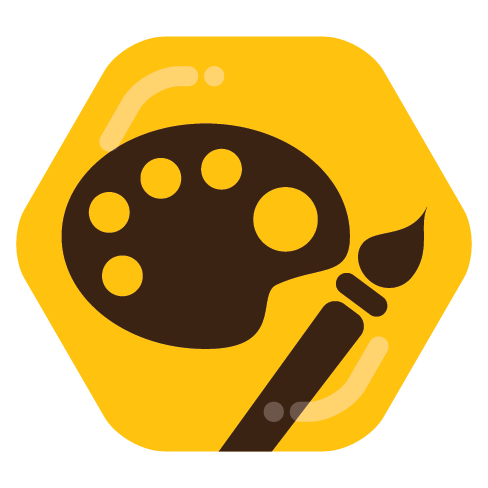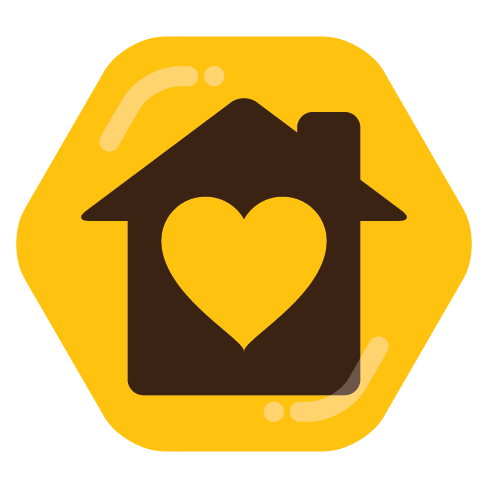

I admit, my reply does not truly fit here but I think this is the best place (in the current state of this topic) to make a point I think is important and difficult to navigate
I do think individuals state of mind, intentions and actions are the way to bring about change but I also think it’s important to not fall into consumerism-patterns.
Like how recycling or buying an electric car is pushed as a solution for climate change when what’s needed is global cooperation and policy change wrt resource management.
The positive individual actions we can take do make our own lives and the lives of the people around us better and we get a stronger, more resilient local community.
By building that strong community we do get a platform to launch ourselves towards the greater society we live in to demand change either by reform or revolution (depending in what’s possible and/or most adequate).
See for example this Community building post in the Betterment and praxis community.





This is what I have been saying for a long time: The essence of being male is to not be female.
If we can’t manage to change that core value of practically all manhood (that I have experience with or talked about with people) there is little hope for sex & gender equality, equity and justice.
How? No clue!